What's the meaning of the Olive »
Olive
This page is about the meaning, origin and characteristic of the symbol, emblem, seal, sign, logo or flag: Olive.
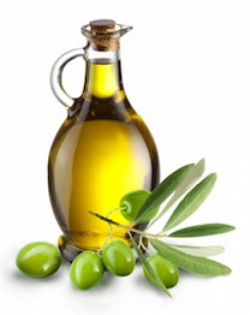
Olives have been cultivated by Mediterranean peoples for at least five thousand years, and are still a major staple of cuisines in the region. This article will address not just the olive itself, but the oil produced from it and the tree from which it grows, since the symbolic meanings of all three are interconnected.
All around the Mediterranean, the olive was as much a utilitarian product as a culinary staple. While its fruit widely consumed, its oil was used for cooking, medicine, illumination, and anointing in religious rituals. The branches and leaves of the olive tree were woven into crowns and wreaths as symbols of victory, which were presented to triumphant Olympic athletes and courageous soldiers.
One of the most famous stories involving olives is linked to the founding of one of the Mediterranean's greatest cities. In the Greek region of Attica, a contest was held to see which god would be the patron of the city. Poseidon, god of the seas, produced a spring out of the ground as a gift to the people, but the water of this spring proved unfit for drinking. Athena, goddess of wisdom, planted an olive tree that could provide food, wood, and oil for the people. The city was named Athens in her honor, and ever since then the olive has been one of Athena’s primary attributes.
Another famous story about the olive appears in the Old Testament’s Book of Genesis. Once the disaster of the flood had been averted, Noah sent a dove out from the Ark to locate dry land, and the bird returned clutching an olive branch in its beak. This iconic image has since become a universal symbol of peace and harmony. The Book of Deuteronomy describes olives as one of seven primary crops (along with grapes, figs, dates, barley, wheat and pomegranates) associated with the land of Israel, demonstrating just how significant olives were to the peoples of the Mediterranean region.
The olive can also be considered a symbol of longevity, since the trees can live to a great age and still produce fruit.
- 1,678 Views
Graphical characteristics:
Asymmetric, Open shape, Colorful, Contains both straight and curved lines, Has no crossing lines.
Categories: Food Symbols and Symbolism, Greek Symbols, Peace Symbols, Plants, Trees, and Flowers, Religious Symbols.
Olive is part of the Jewish Symbols group.
More symbols in Jewish Symbols:
Jewish signs and symbols. read more »
More symbols in Peace Symbols:
A number of peace symbols have been used in various cultures and contexts, one of the most ancient being the olive branch. The symbol of the dove and olive branch was used by early Christians and was… read more »

More symbols in Religious Symbols:
Religious symbolism is the use of symbols, including archetypes, acts, artwork, events, or natural phenomena, by a religion. Religions view religious texts, rituals, and works of art as symbols of co… read more »
More symbols in Plants, Trees, and Flowers:
The natural world is home to a vast variety of symbols, and plants, trees and flowers are among the most symbolically charged objects you'll ever encounter. Some of their symbolic meanings are w… read more »
Citation
Use the citation below to add this symbol to your bibliography:
Style:MLAChicagoAPA
"Olive." Symbols.com. STANDS4 LLC, 2024. Web. 26 Jul 2024. <https://www.symbols.com/symbol/olive>.

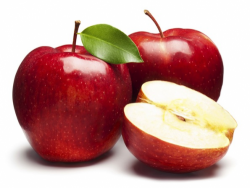

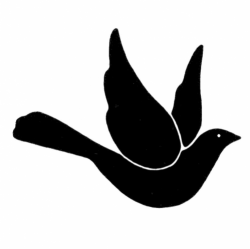
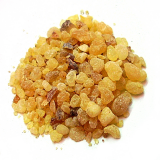
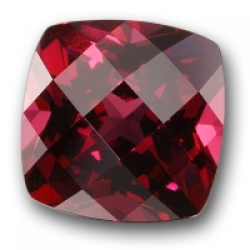
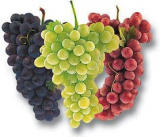







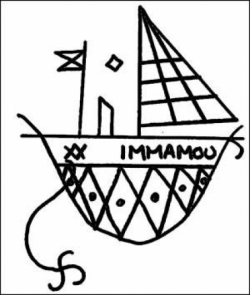


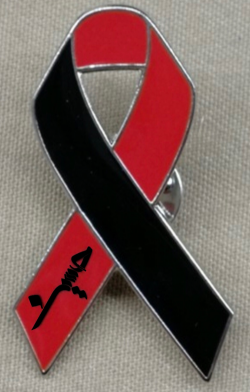


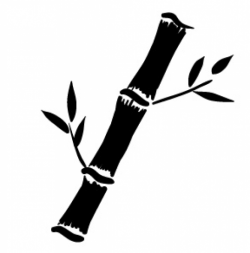
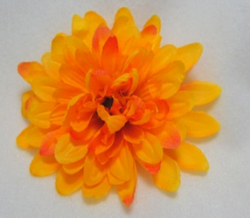
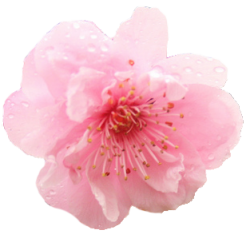


Have a discussion about Olive with the community:
Report Comment
We're doing our best to make sure our content is useful, accurate and safe.
If by any chance you spot an inappropriate comment while navigating through our website please use this form to let us know, and we'll take care of it shortly.
Attachment
You need to be logged in to favorite.
Log In